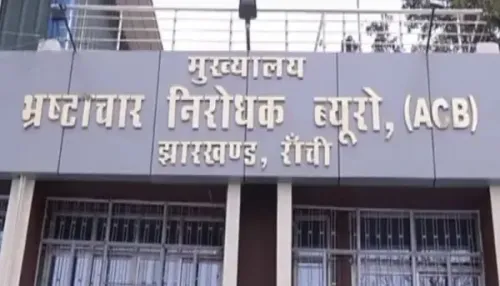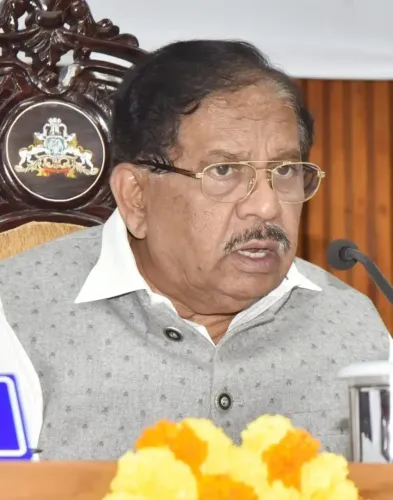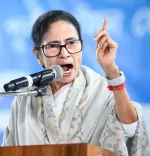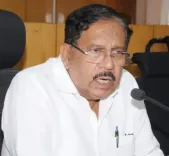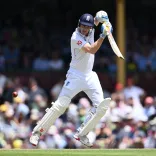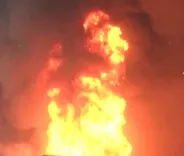How is Delhi Minister Ravinder Indraj Singh Seeking Help from Police Chief to Combat Drug Supply?
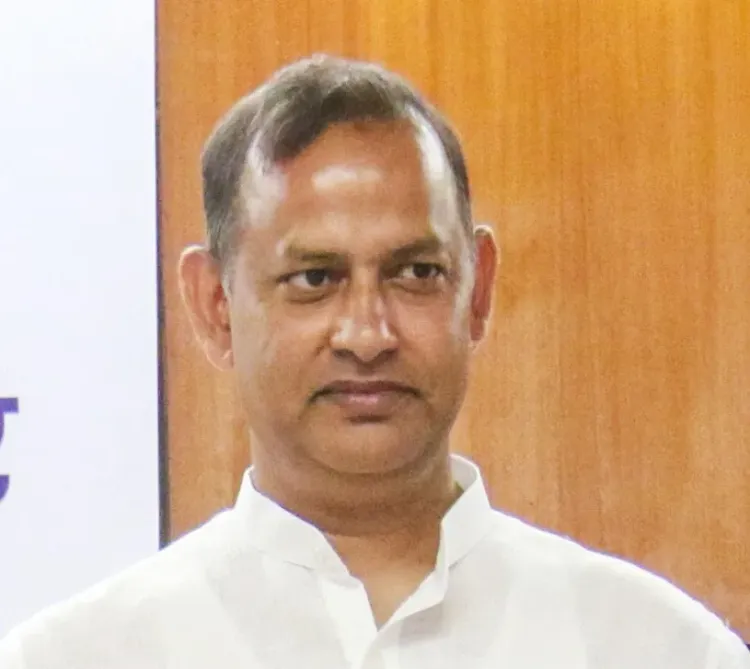
Synopsis
Key Takeaways
- Minister Singh emphasizes collaboration with police to tackle drug abuse.
- The initiative aligns with national goals for a drug-free India.
- Focus on identifying high-risk areas is crucial.
- Training and sensitization of police officials are essential.
- Strategic actions will enhance public safety and well-being.
New Delhi, July 11 (NationPress) Delhi Social Welfare Minister Ravinder Indraj Singh has reached out to Delhi Police Commissioner Sanjay Arora for assistance in tackling drug abuse and the distribution of illegal substances in the national capital, as stated by an official on Friday.
In a correspondence directed to the police commissioner, Indraj Singh requested the law enforcement agency's collaboration in dismantling drug trafficking operations, confiscating illicit drugs, and apprehending those responsible.
Highlighting the ongoing 'Nasha Mukt Bharat Abhiyaan' (NMBA), a campaign launched by the Ministry of Social Justice and Empowerment aimed at raising awareness, providing treatment, and facilitating rehabilitation, the Delhi Minister urged the police to pinpoint high-risk areas, enforce anti-drug regulations rigorously, and train officials effectively.
In his letter dated July 7, Minister Singh also recommended that Commissioner Arora focus on specific locales and assign accountability to beat officers to address drug abuse and distribution.
Singh noted, "The Government of NCT of Delhi is actively engaging in the Nasha Mukt Bharat Abhiyaan (NMBA), an initiative of the Ministry of Social Justice and Empowerment, by launching various programs for awareness, treatment, and rehabilitation within the city. These actions are in line with the national objective of creating a drug-free India."
"To effectively combat the supply chain of illicit drugs, the partnership of law enforcement agencies, especially Delhi Police, is essential. The Delhi Police play a crucial role in dismantling drug trafficking networks, confiscating illegal substances, and apprehending offenders to address drug abuse issues in Delhi effectively," he stated.
Outlining the areas where police assistance is crucial, he mentioned that several significant actions must be taken by the Delhi Police: identifying high-risk areas, training and sensitizing officials, enforcing rules strictly, assigning responsibilities to beat officers, and targeting specific locations.
By implementing these measures, the police can strive towards making Delhi a drug-free city and safeguarding the welfare of its residents.
"A list of identified high-risk areas (organized by police station) should be shared with the GNCT of Delhi to focus efforts on awareness and other preventive initiatives," wrote Ravinder Indraj Singh.




